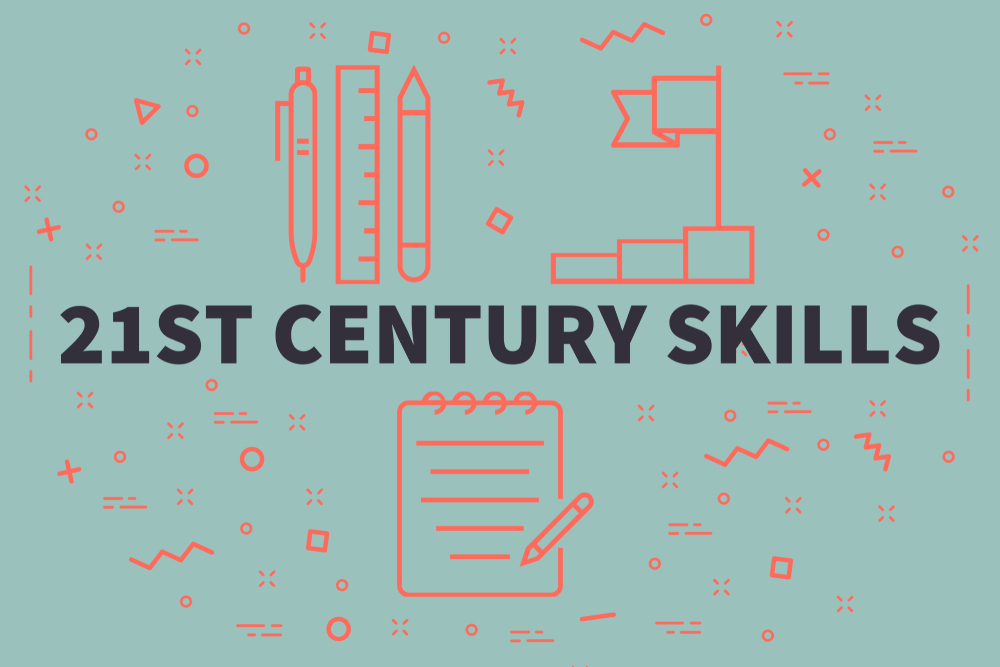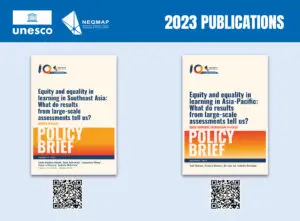Policymakers have increasingly seen the integration of 21st Century Skills (21CS) in education systems as crucial for enhancing students’ ability to participate in and contribute to knowledge economies and societies. Achieving this goal, however, will require considerations of alignment across the system, encompassing curricular, assessment, and pedagogical components, and tailored to national contexts.
During November 2020, ACER partnered with the Network on Education Quality Monitoring in the Asia-Pacific (NEQMAP) to deliver a three-week online workshop on ‘An aligned approach to 21st century skills integration’. UNESCO’s Asia and Pacific Regional Bureau for Education (UNESCO Bangkok) serves as the NEQMAP Secretariat.
Participants from 16 countries and the Education Quality and Assessment Programme for the Pacific Community (EQAP) opted to enrol in this course, signalling a strong demand for how 21CS might be integrated into these education systems. To ensure relevance, country representatives were required to enrol as a Core Strategy Team, with representatives coming from each of their systems assessment, curriculum, and pedagogy divisions. These Core Strategy Teams were central to design and implementation of the support structures and substance required for a coherent approach. Participants were presented with online modules that comprised of both synchronous and asynchronous content and activities hosted on an online platform.
Key course content
The aim of the course was to support systems to build an aligned and sustainable approach to 21CS integration. This was achieved via overall objectives that focused on supporting countries to develop a strategic plan for 21CS integration, providing resources to aid that plan, and building capacity to implement the plan. Participants developed an understanding of ACER’s 21CS alignment model, the sub-components of which are not intended to be prescriptive or used in a specific sequence. Participants were guided through activities to address each of the sub-components in turn, reflecting on current practices and discussing considerations for future plans. As a team, participants developed a strategic plan to prioritise these sub-components and worked to identify key issues relating to implementing them.

Course outcomes
A main objective of the course was to understand the sub-components to 21CS alignment so that participants could conduct a needs-analysis, identifying which steps are currently being met, and which steps need more attention. An example of the output from the needs-analysis from Bhutan is presented in the table below.

One of the objectives of the course was to increase understanding of specific skill definitions and review country- level documentation relating to this. Despite presenting a variety of 21CS frameworks, education systems generally prioritized a common set of skills. The number of education systems prioritizing each skill is presented in the table below.

To demonstrate examples of detailed skill definition documentation, ACER’s skill development frameworks for collaboration, creative thinking, and critical thinking were described and reflected upon in relation to existing participant understandings. Participant reflections included:
[Collaboration]
“It challenged my definition to include that effective collaboration involves a division of labour and it resolves differences.”
[Creative thinking]
“I thought that this skill focuses on the first strand only: Generation of Ideas. But now I learned, and it makes sense, that any ideas can be an experiment or tried in order to come up with the right answer (the quality).”
[Critical thinking]
“ACER’s critical thinking definition was appropriate for the purpose of insightful knowledge, understanding hypothesis and belief which was missing in my definition. My understanding of it is only to think reasonably and make consistent connection between ideas. So, in other words, ACER is more detailed with deeper meaning.”
Participants reported that these kind of detailed definition documents were lacking within their systems and most requested more support in understanding, identifying and monitoring growth in these skills. More work is also required to expand the suite of frameworks, ensure they are appropriately contextualised within countries, and map such frameworks to curriculum-based learning outcomes. The learning progressions in the ACER frameworks can serve as an appropriate foundational resource to build understanding and capacity in both learners and teachers.
Another main objective of the course was to develop a strategic plan, identifying which steps are to be prioritized and in which order. All countries managed to develop and present a strategic plan upon course conclusion. One example of a strategic plan is from Iran is presented below.

Several countries requested follow up courses or more detailed training as a result. In particular, requests for additional support tended to relate to the:
- Implementation of their strategic plan;
- Development of additional skill frameworks with detailed definitions;
- Training for teachers and other stakeholders; and
- Research into best practices for pedagogical strategies to enhance the skills.
This information is very valuable in gaining insight into education systems specific needs around 21CS integration and provides an opportunity to strategically plan future engagement.
For more details about the course the full report is available here.
Written by: Dr. Claire Scoular and Dr. Ian Teo, Australian Council for Educational Research (ACER)






